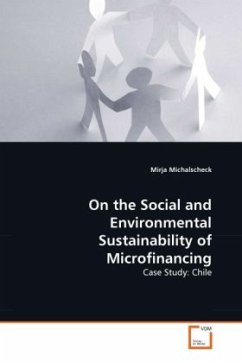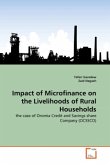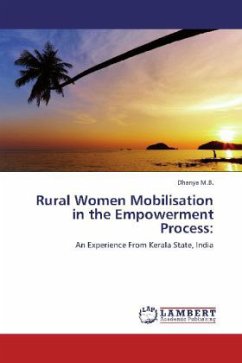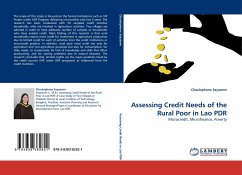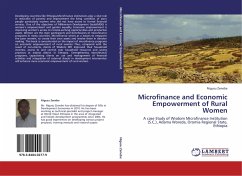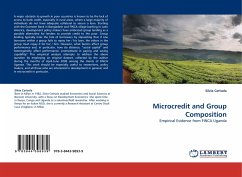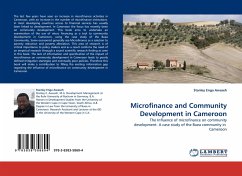Microfinance has often been advertised as an essential economic tool broadly applicable for poverty alleviation and sustainable development. Claiming this and dealing with the most vulnerable part of society, microfinance institutions should not only pursue financial viability: They have strong social commitments and further need to guarantee environmental sustainability in order to sustain the life basis of people it aims to empower. This book reports on the social and environmental sustainability of current microfinancing activities. It describes the basics of microfinancing, analyses the social and environmental impacts and takes a closer look at the situation in Chile where commercial micro-lending is largely prevailing. In the light of emerging criticism on profit-making in this sector, the Chilean market is suitable to reveal the social and environmental performance of institutions whose financial ambitions clearly rank as the first priority.
Bitte wählen Sie Ihr Anliegen aus.
Rechnungen
Retourenschein anfordern
Bestellstatus
Storno

